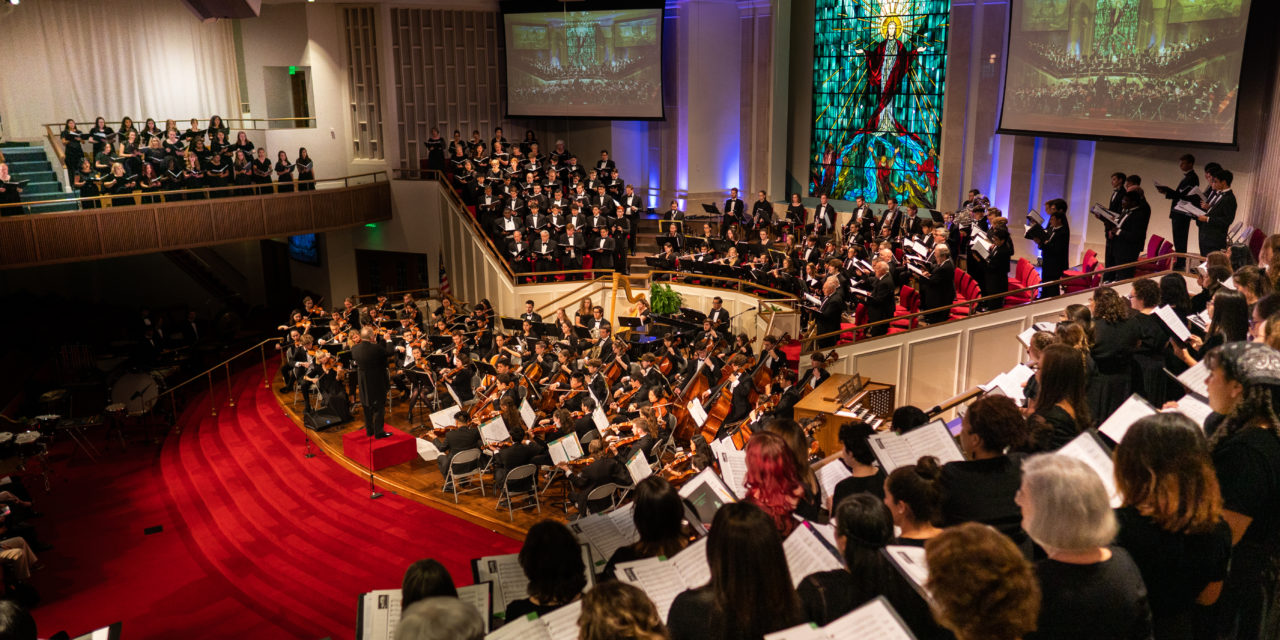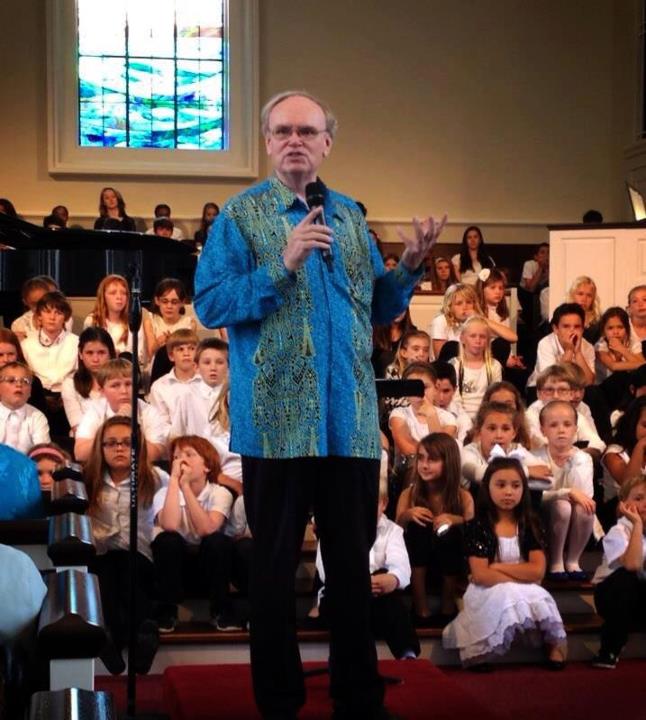In mid-May, I began noticing threads on social media which have been both disturbing and heartbreaking. And the more I consider them, the more concerned I have become.
For sure, we’ve all seen the horror stories on related to COVID-19 illnesses and deaths. Many of us have been part of hastily formed prayer groups gathered to intercede for friends, friends of friends, and family members who have suddenly fallen gravely ill, fighting for their lives. It’s a chilling reality. During those particularly dark moments, it is a privilege to bear one another’s burdens in this way. The need has been great and rather constant, and the outpouring of love always seems enormous and deep, as it should be.
And, of course, there’s always the ubiquitous political “discussion” threads … some reasonable, others over the top, and still others downright hateful, rage-filled, hardwired, raw, mean, and brutal. They are all there in full view for the whole world to see, from the thoughtful to the downright uncivilized.
What has recently caught my eye has involved dozens of professional colleagues and friends. The most recent thread was a series of probably three dozen Facebook posts and responses I read just yesterday from some deeply discouraged career church musicians. As I read through, my heart ached and my spirit sagged for these fellow lifelong servants of God. At the same time, it is encouraging to see and hear these valued colleagues express their feelings so eloquently. I can’t help believing that sharing our burdens in open dialogue can be part of the cure.
If I could encapsulate what was communicated into a sort of composite profile, it would look something like this: “I am sixty-seven years old and in my forty-sixth year of vocational music ministry. Being unable to stand in person with my choir is taking its toll on me emotionally. I feel lost, listless, and useless. Everything I have given my life to doing heretofore, I can no longer do. I had exciting programs planned for this spring and autumn, and now none of it is going to happen. Watching other, younger colleagues adapt and go with the flow, I am even more discouraged because I haven’t the first clue of how to do a virtual choir, nor am I interested in learning. The whole digital/virtual thing just doesn’t do it for me, and furthermore, my choir is aging and would not be able to get a handle on it even if I could. I’m a musician, not a technology guru. I know how to work with people to make music. I do not know how to work complex media platforms to produce a canned anthem. I have been planning to retire in a couple of years, but I don’t think I’m going to make it to my projected date of departure. I’m seriously considering tossing it in now.”
Please … shelter in place, my friends!
First, a caveat: Anyone expressing these or similar thoughts needs to understand that there is absolutely nothing wrong, abnormal, weird or “unspiritual” about having those feelings. Don’t worry; you are perfectly normal and your feelings are completely legitimate. What would not be good would be to have those feelings but to deny them, failing to own them, pretending they are not there.
Second, anytime a “composite profile” is created as it was above, it is going to lose some of the important visceral feelings of individual, unique situations. I need to apologize if I seem to come across as insensitive to the full weight of your particular predicament. Truth be known, I do not fully understand where you are, nor do I fully know how you feel; please do not hear me saying, “I know exactly how you feel,” because I do not.
Third, please allow me to provide you a feel for my own profile, which, by the way, bears a striking resemblance to some of the composite elements above: At age 15, I was appointed as my home church choir director and was made responsible for music selections and preparation for all Sunday services. I am now 65, meaning I’ve been doing this work for fifty years, forty years post master’s degree. That’s a lot of worship planning, hymn selection, choir rehearsals, and Sunday anthems. During this pandemic, I am no stranger to the feelings that perhaps I am washed up, useless, hapless, lost, listless, and losing it. Nor can I deny the occasional feeling that says maybe I lost it a long time ago but just never realized it until now. I am also one to say with flared nostrils that “If just one more person tells me one more time that I need to do a virtual choir, I may have to let out a string of profane wordy dirds.
Please … shelter in place, my friends!
What follows is a humble attempt to talk some of us off our current cliffs. Some days, I might well be the one who needs to be talked down, but today, I hope to reach some of you who find yourselves near the edge. Some of this may initially sound a little harsh, but please stay with me. In the end, what we’re really seeking to do is help us all understand how needed we really are! But in order to understand that, we need to dig deeply within ourselves to discover what might be silently at work inside us. So, here goes.
I feel very confident saying that at least some of the pressure and hopelessness we are experiencing is derived from significant insecurities deep inside ourselves. Is it possible that the shutdown has served to uncover just how insecure we have allowed ourselves to become? Over years and decades (centuries, millennia?) as choral musicians, we are internally driven to be in constant control, to transform the bad choral sounds into the beautiful, to produce thoughtful and inspiring programs, to plan memorable tours, to make a real difference in peoples’ lives, to minister deeply, to make glorious music, to do all the things “we need to be doing.” So, why might we be so driven towards these goals? While all those things are great, we need to understand that all the frenetic energy constantly expended may allow us to hide how little we secretly think of ourselves. Some of us are still, even at our ages and to some extent, seeking to validate the value of our vocations and prove the worth of the income we are paid. When the world came to a screeching halt, did we suddenly feel as though there’s no reason to continue this carnival ride, because it has sort of blown our cover of insecurity and has left us with so little vocational reason to continue? If so, I get that … wow, do I get it!
The pandemic may have also exposed just how profoundly weary some of us have become over the decades of performing our ministry tasks. Let’s face it; this work can be depleting and exhausting! The thought of even more work, adjustment, and adaptation to come up to speed with some new technology is … well, it’s understandably overwhelming. But before going too far down that road, please don’t let this fear push you out over the cliff and cause you to prematurely despair. It is largely an illusion. Its largest presence and reality resides primarily between our ears. When we’re weary to the bone, we can begin seeing monsters in the closet that may not be there at all.
Don’t be fooled; the younger generation of our guild is not sailing effortlessly through this pandemic the way it might seem. We at YouthCUE are privy to many stories. Through Zoom conferences, CUEcast interviews, including the “off the set” sidebars, through phone calls to our office and a solid stream of emails, we hear the painful details of the current struggles experienced by some of our brightest, most gifted and talented young choral directors today. Everyone is struggling on some level – most on multiple levels – and you and I need to be fully aware of that. And just as the struggle is universal, there are also some new and positive realizations to celebrate, as well. Let’s not forget about those! In fact, let’s consider focusing on those!
Understand that the gift of your presence … just you being there … can be an enormous blessing to others. Think about the ministry we provide in normal times to a grieving family in an ICU waiting room or a visitation at a funeral home. What does the hurting family need from us? Deep theological truths? A barrage of scripture passages? A preview of the coming concert series at church? A detailed replay of how great last Sunday’s anthem was? The assurance that “at least you have your memories to comfort you”? (Which is another off-the-cuff cliché which tends to quietly cause me flared nostrils.) None of the above. What grieving friends need is our presence. A warm smile. A long, unhurried hug. Yes, I know, we cannot hug right now, but there are still effective ways of expressing “presence” and warmth to the people we love and serve. We might need to be creative, but absolutely, it can be done … through text messages, through social media, through phone calls and, yes, through handwritten notes of encouragement sent via snail mail. These things we can all do without having to become technological whizzes. And these things will sustain people – both those receiving the messages and those sending them – through this storm.
Best ministry practices have always included mentoring, being approachable, demonstrating attentiveness, showing affirmation, offering encouragement, expressing a sense of humor, and becoming a model to those younger. Two paragraphs back, we mentioned that the younger generation is struggling too, arguably as much as we are, and in some cases, even more. We may or may not be able to mentor those younger in the techniques of producing a virtual choir (they don’t need us for that anyway … they have peers, Google, and other resources) but we can be sure that a bunch of younger colleagues and parishioners need friendship, encouragement, companionship, and affirmation at this point. Instead of becoming inwardly focused on our own sense of lost-ness, we have the opportunity to find ourselves as we figure out ways to give ourselves away, to pay it forward with someone younger who desperately needs this relationship. And yes, there are people who need your friendship. Please do not convince yourself that you don’t have anything of value to give others. You do!
Please … shelter in place, my friends!
God has a timely word for us. “Be still and know that I am God.” Another translation says, “Cease striving and know that I am God.” Another, “Stop struggling, and know that I am God.” And my own translation, “Try hard to quit fighting it, my dear friends; let’s calm down, take some long, deep breaths, and remember once again that God is God. God loves us more than we can imagine, and God will take care of us. Really, God will!”
Perhaps, through our recent professional program inactivity, through our torpedoed plans, through our “dis-ease” during this time, God will show us new levels of love and how much of it we can give away to others. It’s certainly a possibility if you and I will allow it to happen.
Any psychologist or counselor worth his salt will tell us we should be very, very slow about making major changes in our lives while we are depressed. And don’t look now, all of us are depressed on some level right now. Be careful what you decide to do when you’re down. And as discouraging as this time might be, don’t underestimate the possibility that, when things do normalize (to whatever the new normal will be), it’s very possible that our ministries at that point – regardless of our ages – might become even more important than ever. Some of your most important days of ministry could be just on the other side of this pandemic storm. Something else to remember … the younger generations behind us are not nearly as concerned with the issue of age as we are! For these young people (at this point, they’re all “young” aren’t they?), if we bring something of value to the table, they could not care less if we’re 86, 66, 46, or 36. This has been researched by sociologists and it’s true … these kids really don’t care! We ourselves are the ones who are preoccupied with how old and tired we are!
Therefore, I offer you a new definition of shelter in place. This definition has to do with asking you to consider staying where you are, in the relative safety of your present position, until we are all healthier and have a better sense of what really needs to happen.
If your decision is to use this time as a legitimately needed exit from an unhealthy place in your life, then you will find nothing but support from us at YouthCUE as you transition. And your real friends will support you, as well. I believe we will all ultimately know on the gut level when it’s time for a change. If you do transition, please stay connected to YouthCUE, because we’d like to keep you engaged on some significant level. Some of the most valued members of the YouthCUE network are recently retired from their teaching and ministry positions, and they still stay connected. They continue to provide encouragement, emotional resources, and mentoring for those younger.
But please … please do not depart out of frustration, depression, fear, feelings of uselessness, or hopelessness. Take your leave only when you have a sense that there is something else more pressing you need to be doing with your precious time. And yes, sometimes that more pressing need is to spend precious time with your family. That’s totally legitimate!
So, until then …
Please … shelter in place, my friends!
Randy Edwards redwards@youthcue.org
Randy is available to you should you need to talk, email, or text message. Email him if you’d like to connect, understanding that he does not claim to have all the answers we seek. Above all, we want you to know you have friends at YouthCUE who are willing to listen and provide a soundboard for you! Additionally, in the YouthCUE network there are a number of wonderful women and men colleagues – most wrestling with the same issues – who are also available to visit with you should you need a caring and listening ear. Let us hear from you and we will get you connected.
A great new prescription for you … it’s called SOUNDS CRAZY: In the July issue of YouthCUE (and also on this website), you’ll find a CD we are highly recommending. If I could offer everyone in our network one prescription for rediscovering ourselves during this tough time, I would encourage EVERYONE to get your hands on Robert Sterling’s new CD, entitled SOUNDS CRAZY. Download it or purchase the CD and begin your listening with #2 (“Love Works Wonders”) and then #12 (Love Is the Better Way”). You may be tempted to think at first listen, “Well now, this is not my style of music, and it’s not for me.” Please don’t do that! Begin to listen to this music, not for its numerous and fascinating styles, but to the lyrics. Since this is a prescription, we all know that you’re supposed to take all of the prescription and not stop midway, right? You are not finished with this prescription until you understand every word of text in every song. When you have completed that, you’re going to find that you will be mysteriously feeling better about things, and you may find that you’re beginning to see some new light you’ve never noticed before. At least, that’s what SOUNDS CRAZY has done for me! www.robertsterlingmusic.com










